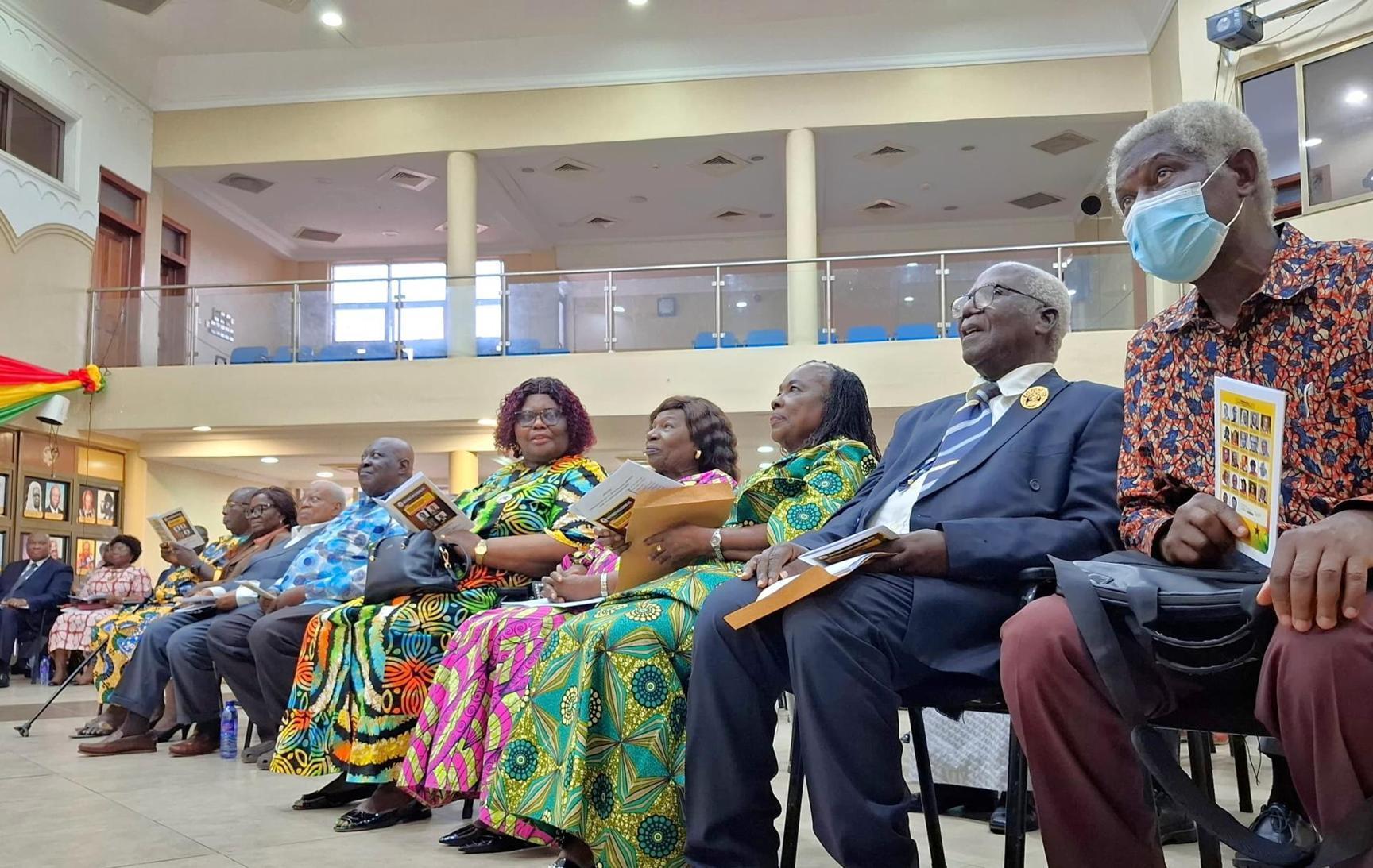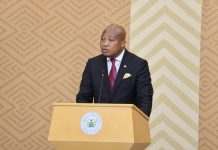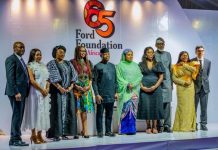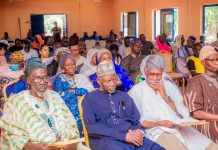Africa-Press – Ghana. The Ghana Academy of Arts and Sciences (GAAS) has called for deliberate national efforts to ensure policy continuity beyond political transitions.
The Academy said the country’s long-term development depended on institutionalising science and technology within governance structures.
Opening the Academy’s Founder’s Week celebration in Accra on Wednesday, on the theme: “Navigating Political Transitions in Ghana: Issues and Lessons,” Professor Emerita Isabella Akyinbah Quakyi, President of GAAS, said political stability in the 21st century required the integration of evidence-based and technological policies that endure beyond electoral cycles.
Prof. Quakyi said Ghana’s progress risked stagnation if scientific and digital innovations were treated as temporary party programmes instead of national assets.
“We must ensure that the digital ecosystem and the pursuit of advanced science are treated not as politicised endowments but as permanent national assets,” he said.
Founded in November 1959, the GAAS is Ghana’s premier learned society, bringing together the nation’s leading intellectuals, professionals and experts to advice the government on critical national development issues.
Prof. Quakyi said the Academy was committed to leading national dialogue on how science, technology and innovation could drive continuity and resilience through changing governments.
She outlined five key pillars guiding her presidency – advancing digital transformation, ensuring financial sustainability, strengthening stakeholder engagement, promoting gender equity, and deepening education partnerships.
Under these priorities, the Academy had enhanced its information technology connectivity by linking to the Ghana Research and Education Network (GARNET), initiated an endowment fund to guarantee financial independence, and expanded collaboration with government and academic institutions.
She said the GAAS had also intensified efforts to support women in science, technology, engineering, arts and mathematics (STEAM), with plans to host a women’s symposium in 2026 to mentor young female scientists and leaders.
“Securing the Academy’s financial independence is crucial for maintaining our integrity, objectivity and relevance as a policy adviser,” Prof. Quakyi said, adding that the new endowment fund would position GAAS as a credible recipient of local and international research funding.
The Academy, she said, had been actively engaging with the Ministry of Education, the Ghana Tertiary Education Commission (GTEC), and the Ministry of Environment, Science, and Technology to strengthen its advisory role in policy formulation.
The Founder’s Week, which commemorates the establishment of the Academy in 1959, brings together scholars, policymakers and civil society actors to deliberate on national issues.
This year’s discussions will focus on the architecture of political transitions and pathways to peaceful change of governments.
Prof. Quakyi urged participants to ensure that outcomes from the symposium contribute to lasting national policy reforms.
“Our collective responsibility is to introduce the scientific and institutional solutions that make peaceful and effective transitions possible,” she said.
For More News And Analysis About Ghana Follow Africa-Press







